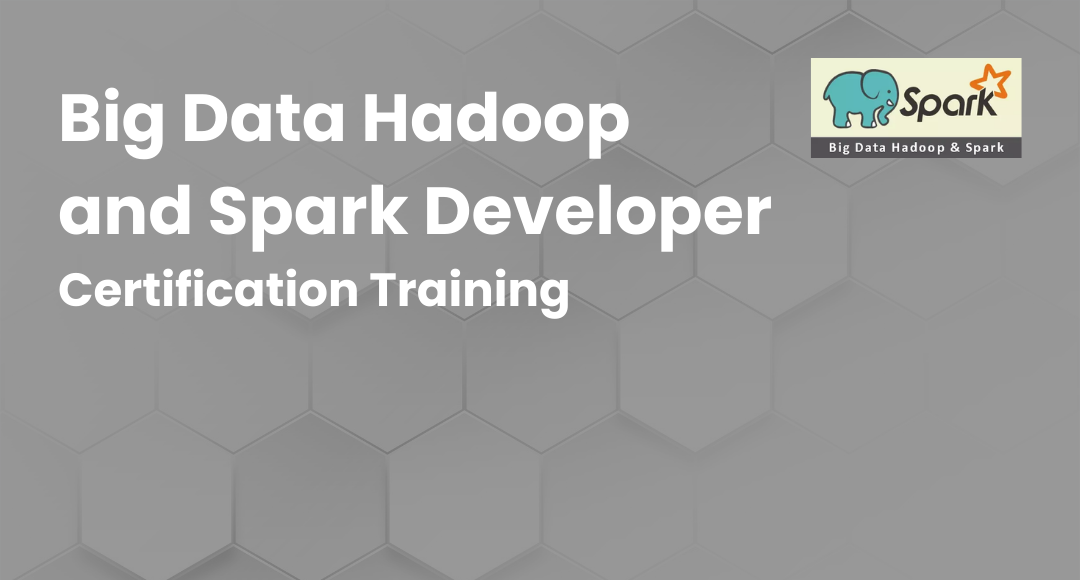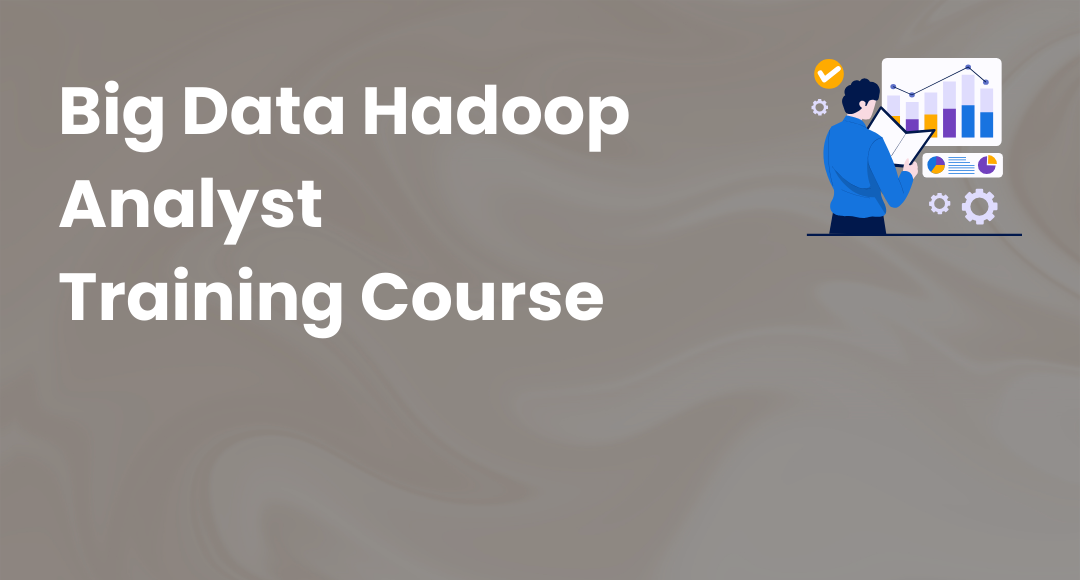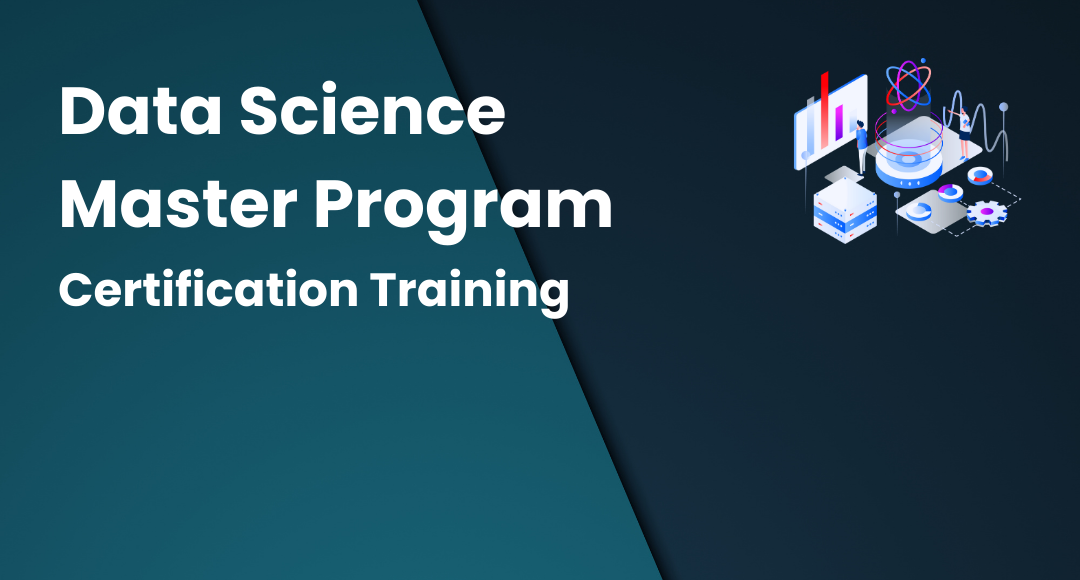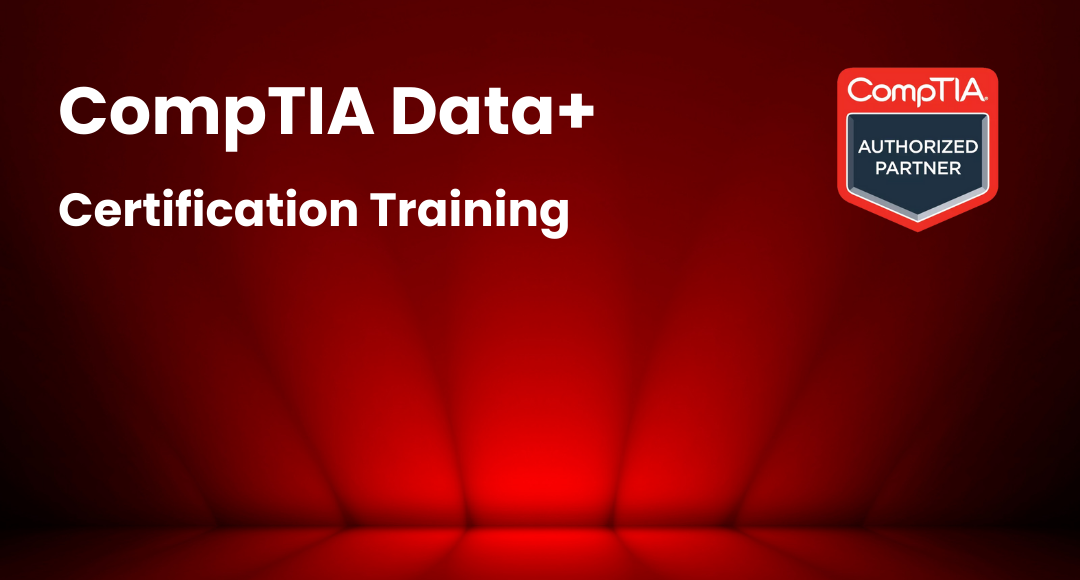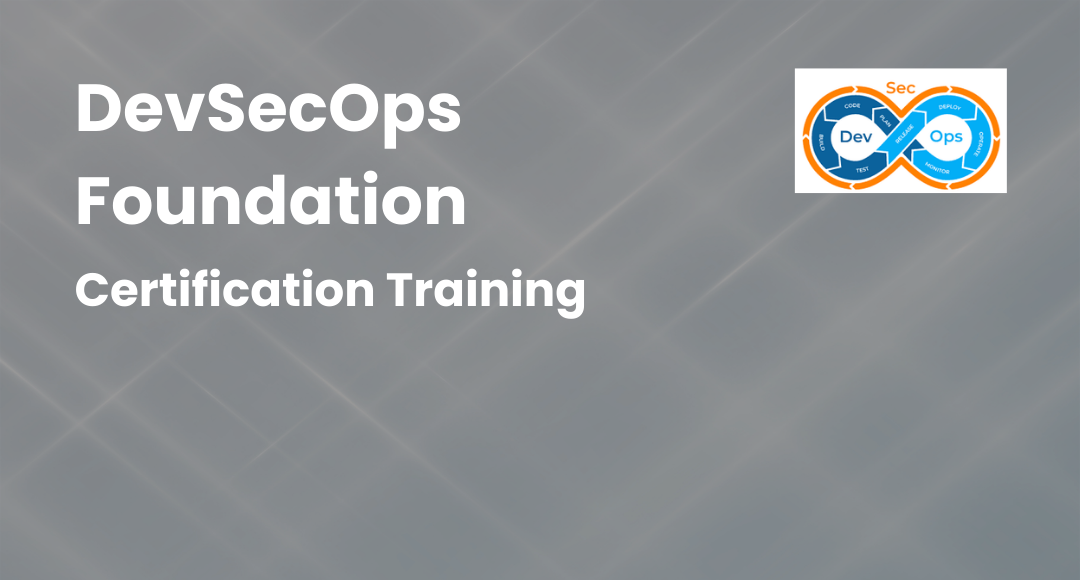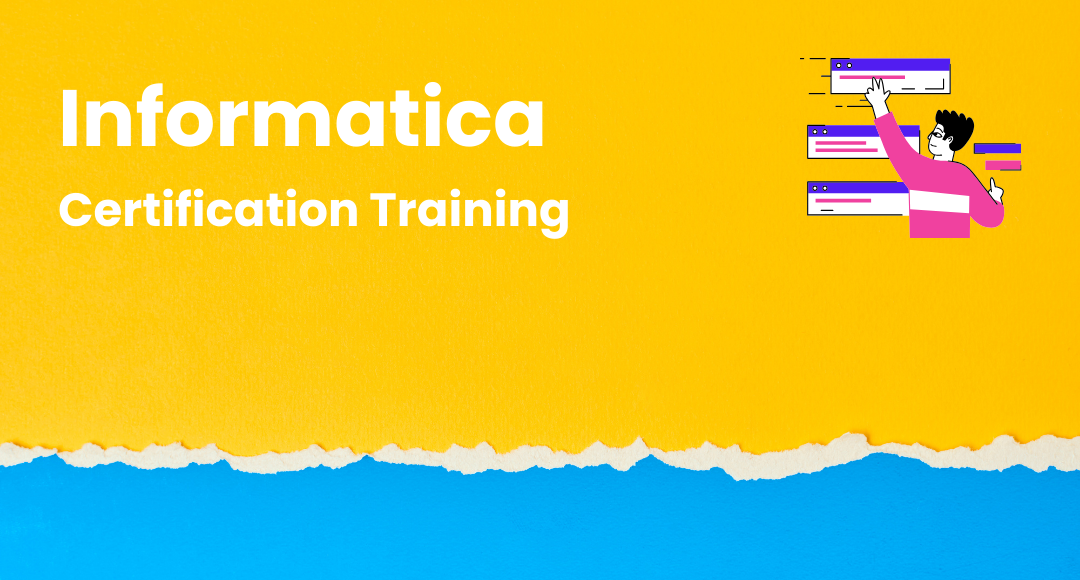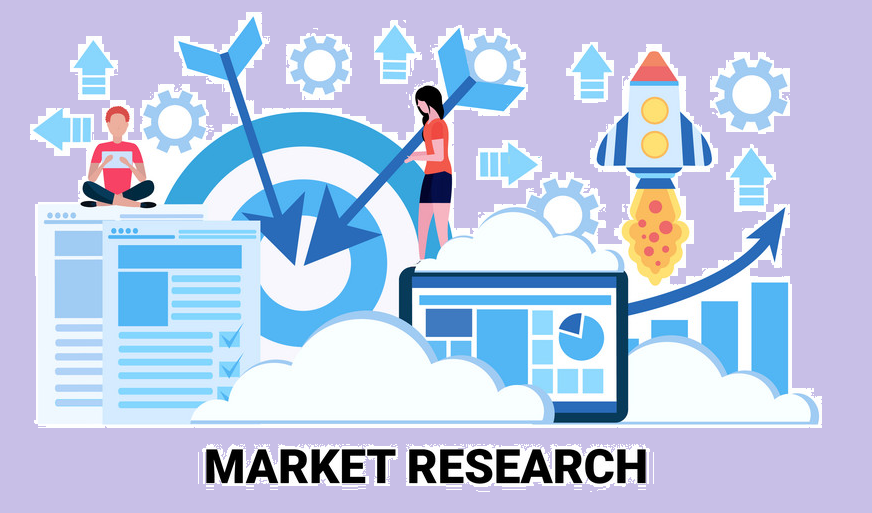Data Analysis Tools and Trends for 2026
-
 By Niharika Chaurasia
By Niharika Chaurasia
- Published on Feb 12 2024

Table of Contents
What is Data Analysis Tools?
Data analysis tools consist of software and programs. The main function of the tools is to collect and analyze data about a company, its business, its customers, and its competition.
The tools help improve processes and make it easy to make data-driven decisions.
Analysis of data is required for organizations to get quality data to help them understand the market, customers, competitors, and activities performed by their own company.
In modern business, data analysis plays an important role. Data science helps industries analyze researched data on current requirements and their competition.
Furthermore, the data collected by the data analysts and data scientists is analyzed using tools to boost business growth.
What are the Key Features of Data Analysis Tools?
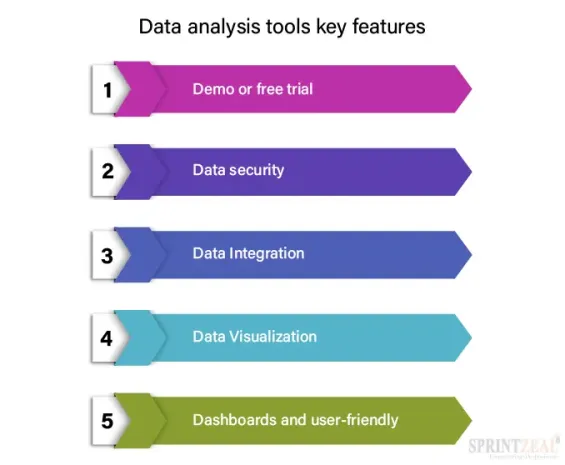
Demo or free trial
A good data analysis tool should have a trial version. The trial version of the tool offered to the organization usually lasts for 30 days.
This helps organizations analyze their compatibility with the tool and plan their work accordingly before paying for it.
A demo of the tool slightly differs from a trial since the tool providers demonstrate only the tool's features and functionality.
Data security
Data security is another factor that plays a major role in the selection of a data analysis tool. A company’s database and database management system are often integrated with the tool.
Without proper security, sensitive data and company information can be accessed by anyone in the organization.
Data security with respect to data access must include measures, permissions, and level access controls that provide protection against data breaches. The analysis of data in a secured analytical tool makes it a good tool for business.
Data integration
Before deciding on any data analysis tool, data integration must be considered. It is a critical feature that any data-analytics tool must possess.
A company's data is extended to different locations, which includes databases and other storage formats. Also, data import and integration should be possible with only a few clicks.
Data Visualisation
Most of the data analysis process's final step is data visualization. A good data analysis tool must be able to share and communicate the findings of data scientists and analysts to other members of the company.
It must have different data visualization techniques to make it very easy to understand and share data, such as graphs and charts.
Dashboards and user-friendly
An interactive dashboard design and user friendliness are essential for an effective and efficient data analysis tool.
Even if the user is not familiar with programming languages, it should be easy to use. It must provide ease in the analysis, integration, and sharing of the data.
Lastly, the compatibility of the tool with mobile apps is an added advantage for viewing reports.
Below are the top 10 data analytics tools of 2026.
Top 10 Data Analysis Tools
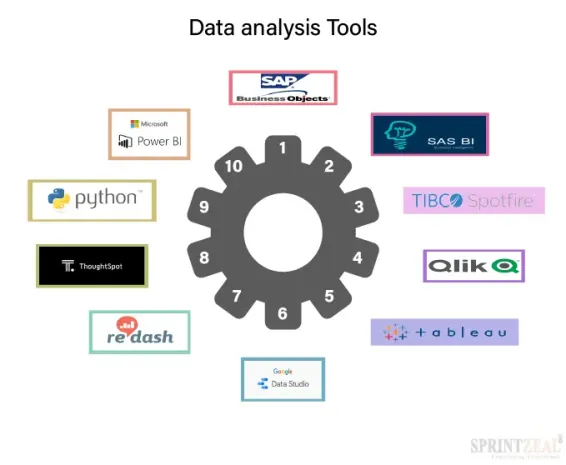
The above-mentioned key features are helpful in making a decision to select tools as per the business's requirements. Now let’s jump into the list of data analysis tools.
SAP BusinessObjects
SAP BusinessObjects comes with a set of business intelligence applications for data discovery, analysis, and reporting.
The data analysis tool is designed for business users who require less technical data analysis, but complex analysis can also be performed.
SAP BusinessObjects and Microsoft Office products enable business analysts to quickly switch between applications like Excel and BusinessObjects reports. SAP BusinessObjects also allows for self-service predictive analytics.
SAS Business Intelligence
This type of application is known for its self-service analytics. It comes with built-in collaboration features that include the facility to push reports to mobile applications.
SAS Business Intelligence is flexible and provides a wide range of applications. It is expensive as compared to other tools. Due to its versatility, larger enterprises may prefer it.
TIBCO Spotfire
The TIBCO Spotfire Data Analytics tool provides natural language search and AI-powered data insights.
It offers a wide range of visualization tools that can show reports on desktop and mobile applications. For building predictive analytics models, Spotfire provides a point-and-click tool that helps in exploring data.
Qlik
The Qlik Data Analysis tool offers a self-service data analytics and business intelligence platform.
This tool supports cloud and on-premises deployments. The data analytics tool also claims strong support for data exploration and discovery in a similar way for both technical and nontechnical users.
Qlik comes with embedded SQL and drag-and-drop modules that have many types of charts to help users customize their data.
Tableau
The data visualization and analytics platform is a feature of Tableau that helps users make reports and share them through desktop and mobile platforms within a browser or embedded in an application.
Tableau Data Analysis Tool can run in the cloud or on-premises. Most of the Tableau platform is built on top of its core query language, VizQL. The drag-and-drop dashboard and visualization components are translated into efficient back-end queries, and the requirement for end-user performance optimizations is reduced.
However, the downside of Tableau is that it doesn’t have support for advanced SQL queries.
Google Data Studio
The advantage of the Google Data Studio data analysis tool is that it automatically integrates with most other Google applications. It is a free dashboarding and visualization tool.
Google Data Studio is mostly used to analyze Google data. Google Analytics, Google Ads, and Google BigQuery are the Google services that can be integrated with Data Studio.
Data Studio can work with data from various other sources. To get data on Google Data Studio, it is first replicated to BigQuery with a data pipeline using Stitch.
Redash
The Redash Data Analysis tool is used for querying data sources and building visualizations. It is a lightweight and cost-effective tool.
Redash code is open source, and it offers organizations an affordable hosted version for fast initiation.
The query editor is the core of Redash and comes with a simple interface for writing queries, exploring schemas, and managing integrations.
Within Redash, the query results are cached, and scheduled updates by the user can be run automatically.
Thoughtspot
The Thoughtspot Data Analysis Tool is an analytics platform where users can explore different types of data through natural language searches and reports.
SpotlQ is the AI system of Thoughtspot that finds patterns automatically to help uncover those that are outside of the user's understanding.
This data analysis tool permits users to join tables from different data sources automatically.
Python
Python for data analysis is open source. It’s a high-level programming language that is often used by data scientists and technical analysts.
Python is capable of handling different types of analysis, and for machine learning and data visualization, integration with third-party packages is possible. It has more than 200,000 packages available.
It includes data visualization packages like Matplotlib, Plotly, and Seaborn. This data analysis tool is also used for other analytics systems as a programming interface.
Microsoft Power BI
The Microsoft Power BI Data Analysis tool is a preferred business intelligence platform that provides support for many data sources.
To create and share reports, visualizations, and dashboards, Microsoft Power BI is of great use.
Microsoft Power BI permits users to build automated machine learning models and integrates with Azure Machine Learning.
Conclusion
The article covers features and different tools for data analysis that will be popular in 2026. The key factors mentioned here for the selection of data analysis tools help in making decisions before finalizing tools for data analysis.
There is a wide range of options for data analysis tools available in the market for businesses. An organization can quickly find the best data analysis tool based on their requirements.
The different analytical tool providers for data analysis offer a free trial plan or demo, which further makes it easy for organizations to make a decision before opting for the subscription.
In the evolving field of data analysis, the range of data analysis tools also increases. If you are considering a career in data science, get certified with Sprintzeal’s Data Science Masters Program.
Courses to checkout
Popular Programs
Certified Machine Learning Expert (CMLE) DS2040
Live Virtual Training
- 4.5 (51 + Ratings)
- 68k + Learners
Certified Data Science Developer (CDSD) DS2020
Live Virtual Training
- 4.7 (650 + Ratings)
- 15k + Learners
Certified Data Scientist Finance (CDSFIN) DS2130
Live Virtual Training
- 4.3 (650 + Ratings)
- 63k + Learners
Trending Posts
How to Become a Data Scientist - 2026 Guide
Last updated on Jul 22 2022
A Brief Guide to Python data structures
Last updated on Dec 16 2024
Top DevOps Interview Questions and Answers 2026
Last updated on Oct 25 2024
Data Structures Interview Questions
Last updated on Aug 22 2022
Data Visualization - Top Benefits and Tools
Last updated on Mar 27 2024
Big Data Uses Explained with Examples
Last updated on Oct 11 2022
Categories
- Other 75
- Agile Management 48
- Cloud Computing 58
- Project Management 174
- Data Science 68
- Business Management 88
- Digital Marketing 84
- IT Service Management 29
- Programming Language 61
- AI and Machine Learning 88
- IT Security 113
- Quality Management 78
- IT Hardware and Networking 26
- Microsoft Program 5
- Workplace Skill Building 15
- Risk Management 9
- Information Security 8
- Leadership and Management 9
- Corporate Training and Development 1
Trending Now
Big Data Uses Explained with Examples
ArticleData Visualization - Top Benefits and Tools
ArticleWhat is Big Data – Types, Trends and Future Explained
ArticleData Science vs Data Analytics vs Big Data
ArticleBig Data Guide – Explaining all Aspects 2026 (Update)
ArticleData Science Guide 2026
ArticleData Science Interview Questions and Answers 2026 (UPDATED)
ArticlePower BI Interview Questions and Answers (UPDATED)
ArticleData Analyst Interview Questions and Answers 2026
ArticleApache Spark Interview Questions and Answers 2026
ArticleTop Hadoop Interview Questions and Answers 2026 (UPDATED)
ArticleTop DevOps Interview Questions and Answers 2026
ArticleTop Selenium Interview Questions and Answers 2026
ArticleWhy Choose Data Science for Career
ArticleDevOps Engineer Interview Questions - Best of 2026
ArticleSAS Interview Questions and Answers in 2026
ArticleDevOps Engineer - Career path, Job scope, and Certifications
ArticleHow to Become a Data Scientist - 2026 Guide
ArticleHow to Become a Data Analyst
ArticleBig Data Project Ideas Guide 2026
ArticleWhat Is Data Encryption - Types, Algorithms, Techniques & Methods
ArticleHow to Find the Length of List in Python?
ArticleHadoop Framework Guide
ArticleWhat is Hadoop – Understanding the Framework, Modules, Ecosystem, and Uses
ArticleBig Data Certifications in 2026
ArticleHadoop Architecture Guide 101
ArticleData Collection Methods Explained
ArticleData Collection Tools - Top List of Cutting-Edge Tools for Data Excellence
ArticleWhat is DevSecOps and its Importance
ArticleTop 10 Big Data Analytics Tools 2026
ArticleKafka vs Spark - Comparison Guide
ArticleDevOps Career Guide 2026
ArticleData Processing - A Beginner's Guide
ArticleData Structures Interview Questions
ArticleData Analysis guide
ArticleData Integration Tools and their Types in 2026
ArticleWhat is Data Integration? - A Beginner's Guide
ArticleA Brief Guide to Python data structures
ArticleWhat Is Splunk? A Brief Guide To Understanding Splunk For Beginners
ArticleBig Data Engineer Salary and Job Trends in 2026
ArticleWhat is Big Data Analytics? - A Beginner's Guide
ArticleData Analyst vs Data Scientist - Key Differences
ArticleTop DBMS Interview Questions and Answers
ArticleTop Database Interview Questions and Answers
ArticlePower BI Career Opportunities in 2026 - Explore Trending Career Options
ArticleCareer Opportunities in Data Science: Explore Top Career Options in 2026
ArticleCareer Path for Data Analyst Explained
ArticleCareer Paths in Data Analytics: Guide to Advance in Your Career
ArticleA Comprehensive Guide to Thriving Career Paths for Data Scientists
ArticleWhat is Data Visualization? A Comprehensive Guide
ArticleData Visualization Strategy and its Importance
ArticleTop 10 Best Data Science Frameworks: For Organizations
ArticleData Science Frameworks: A Complete Guide
ArticleFundamentals of Data Visualization Explained
Article15 Best Python Frameworks for Data Science in 2026
ArticleTop 10 Data Visualization Tips for Clear Communication
ArticleHow to Create Data Visualizations in Excel: A Brief Guide
ebookHow to repair a crashed MySQL table?
ArticleTop PySpark Interview Questions and Answers for 2026
Article5 Popular Data Science Careers That Are in Demand
ArticleTop Data Warehouse Interview Questions to Crack in 2026
ArticleData Modeling Interview Questions and Answers 2026
ArticleWhat Is a Data Scientist? Salary, Skills, and How to Become One
ArticleTop Companies Hiring for Data Science: Explore Data Scientist Jobs
ArticleWhat Is a Data Science Course? How to Get Into Data Science From Non-Tech Background
ArticleGeneralized Linear Models: Understanding GLMs and Their Applications
ArticleSQL vs NoSQL: Understanding the Key Differences and Use Cases
Article


